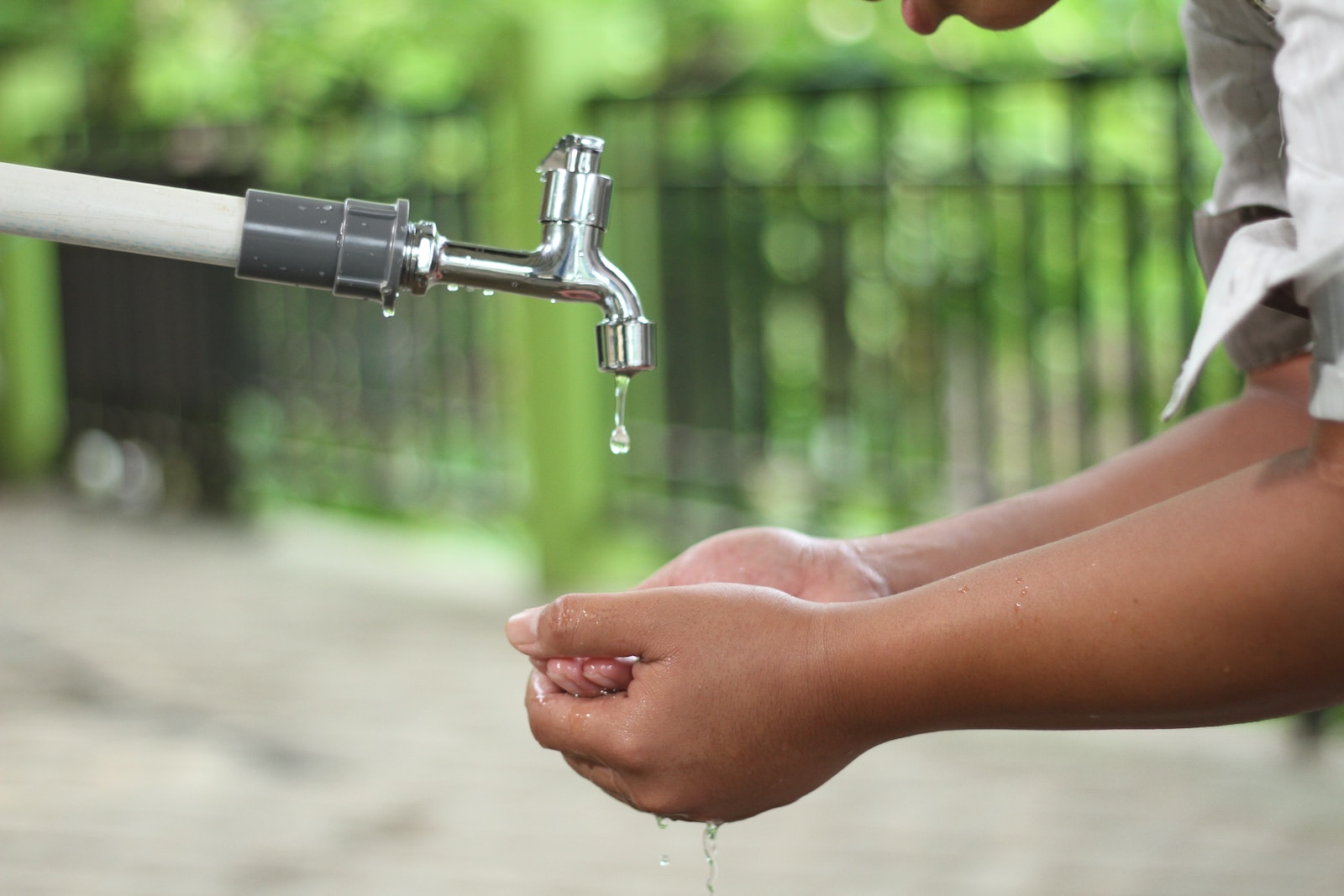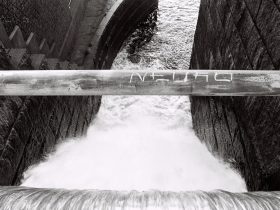Ethical investments in clean water projects have the power to transform communities, improve public health, and promote sustainable water management. In this section, we will explore two success stories that highlight the impact of ethical investments in clean water initiatives.
Case Study 1: Clean Water Access in Rural India
Background: This case study focuses on a clean water project implemented in a rural village in India. The village had been suffering from waterborne diseases due to the lack of access to clean water sources. The project aimed to provide sustainable access to clean water and improve the overall health and well-being of the community.
Ethical Investment: A non-profit organization partnered with local stakeholders, including the government and community members, to implement the clean water project. Ethical investments were made to establish a water treatment facility, construct water distribution systems, and educate the community on the importance of clean water and proper sanitation practices.
Impact:
- Improved Health: With the implementation of the clean water project, the prevalence of water-related diseases significantly decreased. The number of cases of diarrheal diseases and waterborne illnesses reduced, leading to improved health outcomes for the community.
- Access to Clean Water: The project successfully provided sustainable access to clean water for the entire village. Community members no longer had to travel long distances to fetch water from contaminated sources. Instead, they had access to safe and clean water within their village, saving time and reducing health risks.
- Education and Empowerment: The project also focused on educating the community about hygiene practices and water conservation. This empowered community members to take ownership of their water resources and actively participate in the sustainability of the project.
- Economic Benefits: The availability of clean water within the village had positive economic impacts as well. With improved health, community members were able to work more productively, resulting in increased economic opportunities and improved livelihoods.
The implementation of the project was not without its challenges. Limited financial resources and the need for capacity building among community members initially posed hurdles. However, through effective collaboration between the non-profit organization, local stakeholders, and the community itself, these challenges were overcome, leading to the successful implementation of the clean water project. This case study serves as a testament to the power of ethical investments in clean water initiatives, showcasing how they can create transformative change in even the most resource-constrained environments.

Case Study 2: Sustainable Water Management in a Metropolitan City
Background: This case study examines a sustainable water management project implemented in a rapidly growing metropolitan city facing water scarcity issues. The project aimed to address the increasing water demand and ensure its sustainable management for both the present and future generations.
Ethical Investment: The project received ethical investments from various stakeholders, including the local government, private organizations, and international funding agencies. The investments were used to develop water conservation infrastructure, implement water reuse systems, and promote public awareness about responsible water consumption.
Impact:
- Water Conservation: The sustainable water management project successfully implemented water conservation strategies, such as rainwater harvesting, low-flow fixtures, and water-efficient technologies. This led to a substantial reduction in water consumption and ensured the optimal utilization of available water resources.
- Water Reuse: The project incorporated water reuse systems, treating and recycling wastewater for non-potable purposes like irrigation and industrial processes. This not only reduced strain on freshwater sources but also contributed to minimizing pollution by preventing the discharge of untreated wastewater into water bodies.
- Public Awareness: The project emphasized public awareness campaigns to educate residents about the importance of responsible water consumption and conservation. Through workshops, community events, and digital media campaigns, the project team effectively communicated the need for sustainable water management practices. As a result, the community became actively involved in water-saving practices, contributing to the overall success and sustainability of the project.
- Long-Term Sustainability: The ethical investments made in this project focused on ensuring its long-term sustainability. This involved capacity building, training local technicians for the maintenance of water infrastructure, and establishing partnerships with community-based organizations to ensure continuous community engagement and participation in water management efforts.
The sustainable water management project faced challenges unique to a metropolitan setting. Rapid urbanization and growing population created increased pressure on water resources. However, through strategic planning, collaboration with various stakeholders, and the support of ethical investments, the project was able to overcome these challenges and make a significant positive impact on water conservation and management in the city.
Conclusion
These case studies highlight the positive impact of ethical investments in clean water projects. By focusing on providing sustainable access to clean water, promoting responsible water management practices, and empowering communities, these investments play a crucial role in improving public health and building water-resilient societies.
The success stories of the clean water project in rural India and the sustainable water management project in the metropolitan city demonstrate the potential for ethical investments to bring about transformative change in water-related issues. These projects not only address immediate needs but also create long-term solutions for communities and cities facing water challenges.
Through ethical investments, organizations can collaborate with local stakeholders, governments, and communities to implement sustainable solutions. These investments enable the establishment of essential infrastructure like water treatment facilities, distribution systems, and conservation measures. Furthermore, they support education and awareness campaigns, empowering individuals to become active participants in water management and conservation efforts.
The impact of ethical investments in clean water projects goes beyond access to clean water. Improved health outcomes, economic benefits, and environmental sustainability are among the positive outcomes witnessed in these case studies. Access to clean water reduces the prevalence of waterborne diseases, leading to healthier communities and increased productivity. Additionally, economic opportunities arise as people can utilize their time for more productive activities instead of spending hours fetching water from distant sources.
Moreover, ethical investments contribute to long-term sustainability by focusing on capacity building and community engagement. By training local technicians and partnering with community-based organizations, projects can ensure the maintenance and continued success of water infrastructure. This sustainable approach helps communities become self-reliant and allows them to take ownership of their water resources.
In a constantly evolving world, the challenges related to water will only continue to grow. Climate change, population growth, and urbanization present unique obstacles that require innovative solutions. Ethical investments provide the necessary resources and support to tackle these challenges effectively.
To optimize the impact of ethical investments, collaboration and partnerships are crucial. Governments, organizations, and individuals must come together to address water-related issues comprehensively. Through strategic planning, transparent governance, and effective implementation, ethical investments can be maximized to create lasting change.
In conclusion, ethical investments in clean water projects have the potential to transform communities and promote sustainable water management. The case studies highlighted in this article demonstrate the positive impact of such investments in both rural and urban settings. By focusing on access to clean water, education, empowerment, and long-term sustainability, ethical investments pave the way for a future where clean water is accessible to all. Let us continue to support and advocate for ethical investments in clean water projects, ensuring a brighter future for generations to come.

































